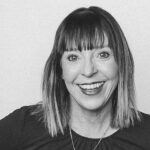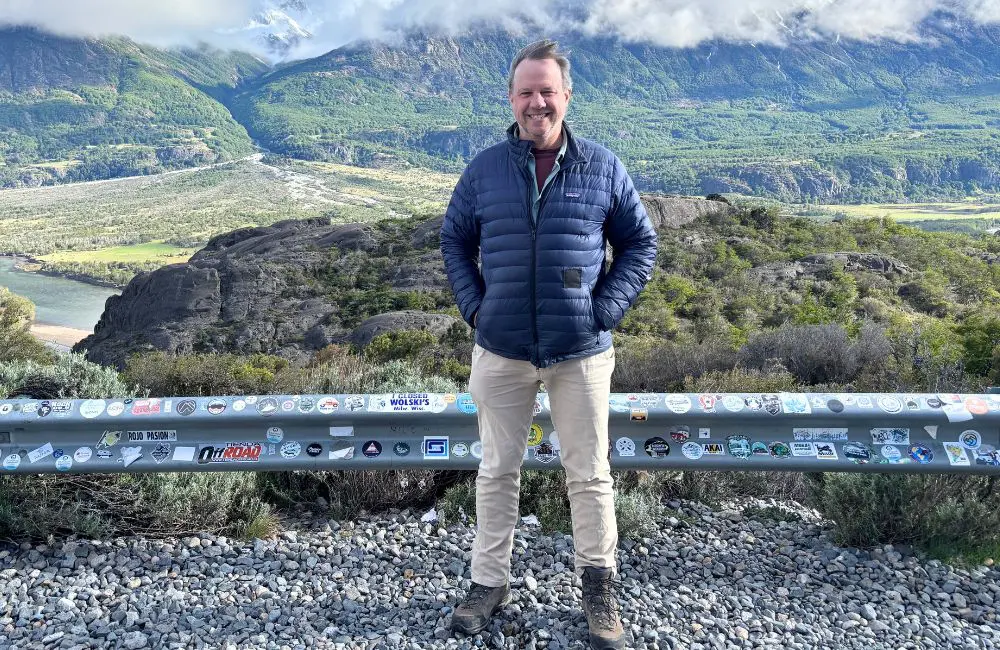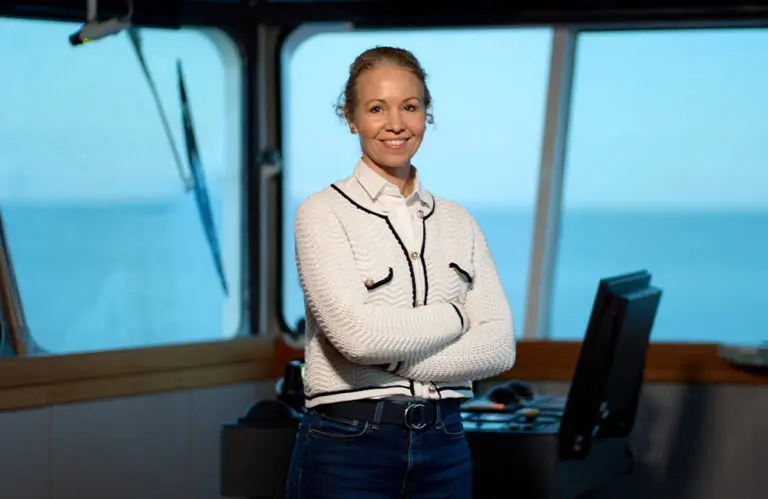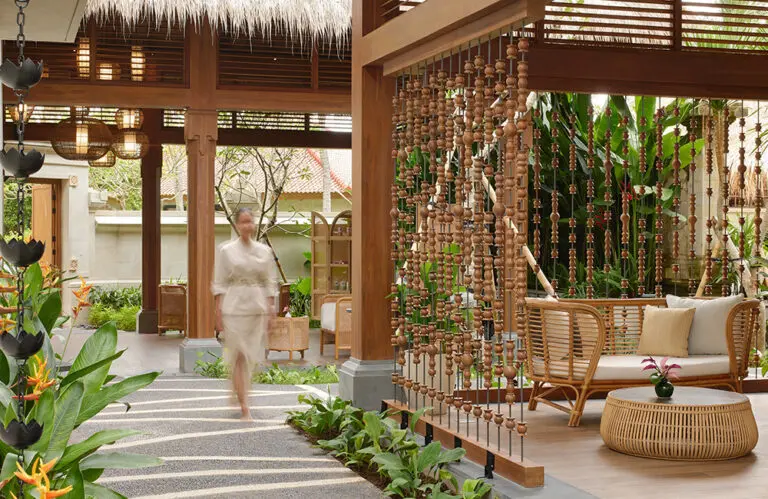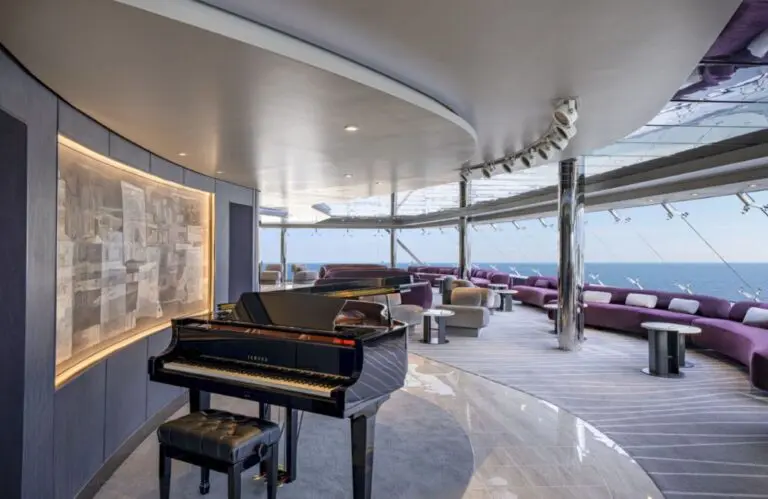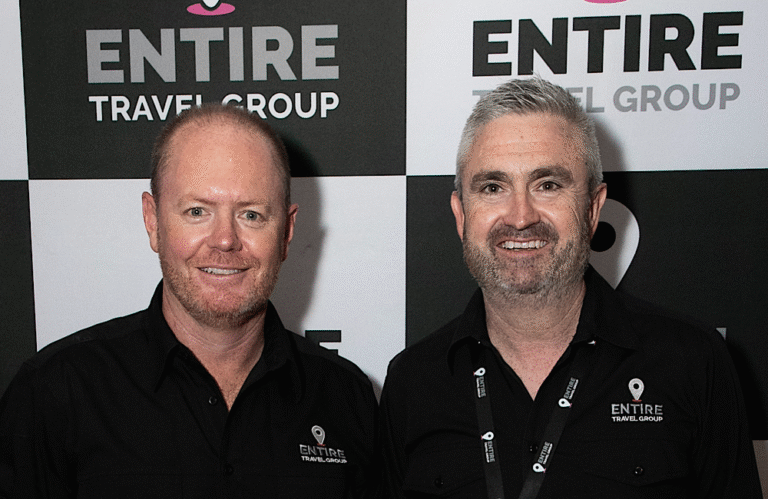A&K Philanthropy Executive Director Keith Sproule discusses its new projects, how it’s headed for another record-breaking year, and how advisors can play a key part in helping travellers give back.
You only have to spend a few minutes with Abercrombie & Kent Philanthropy Executive Director Keith Sproule to know he’s the real deal.
Regardless what project you ask him about, he’ll tell you why he’s so excited about it – and why it’s so important that we, in the travel industry, get involved.
A&K’s not new to the area of philanthropy. Founder Geoffrey Kent pioneered the community-first approach to conservation 60 years ago when he launched the world’s first modern luxury safari.
His trailblazing ethos, “Shoot with a camera, not with a gun,” changed the way people travelled in Africa from a focus of killing to wildlife observation.
It’s a mantra Sproule, who has been at the helm of the philanthropy efforts for more than a decade, has built on, creating projects that now extend across education, environment, health and enterprise projects from Antarctica to the Arctic.
But Sproule says while A&K has been working hard behind the scenes for decades, it’s been in the last five years that travellers have really started to change their mindset.
“Post COVID we’ve seen a dramatic increase in the number of requests from travellers to see the work we do, and a deeper interest than ever before… and for the most part, they want their kids to have a real understanding of the work we do too.
“I want to believe they are thinking deeply about how they want to travel and there’s a movement towards slower travel, and of course there’s Instagram and an undeniable element that for some, it’s about wanting to show their friends that they are doing the right thing when they travel.”
Regardless, it’s seen AKP have a record-breaking year in 2024 with more than A$4 million in funding helping 400,000 people across the globe, and that’s going to be “significantly more” for 2025, says Sproule.
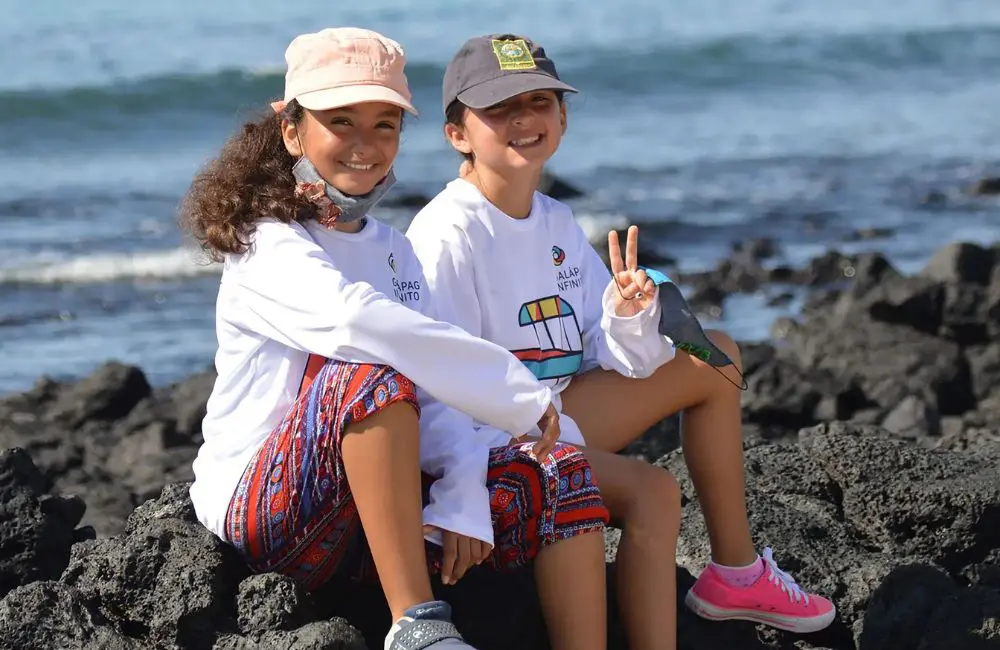
A&K’s new philanthropy projects
“We’ve bought a catamaran for the Galapagos and we’re dedicated to teaching kids about marine conservation,” says Sproule.
“The sad truth is, in the late 70s many families moved from mainland Ecuador to the Galapagos for work and they didn’t know how to swim, and haven’t passed that on to the next generation.”
He says because they didn’t have a relationship with the water in their own backyard, they haven’t been able to pass that skill on.
“It won’t help the future conservation of such an important area, so we have signed an agreement with the Ministry of Education, and we will take every 12-year-old that lives on the four inhabited islands and teach them how to swim and educate them about the local marine environment, geology and history of the region.”
The catamaran is due to arrive in the Galapagos in December, and Sproule says the hope is that through the basic philosophy ‘you can’t love what you don’t know and you won’t protect what you don’t love’, that will change the way these pre-teens see their own environment.
“We’ve made a five-year commitment. The future here is tied to nature-based travel and conservation travel and it’s the biggest growth sector for the region, and so we’re giving these kids exposure to the tourism industry for future job prospects.”
For travellers, they can visit the Galapagos Infinito program on expeditions to the region, and it can also be added to any ‘Tailormade Journey’ to the islands.
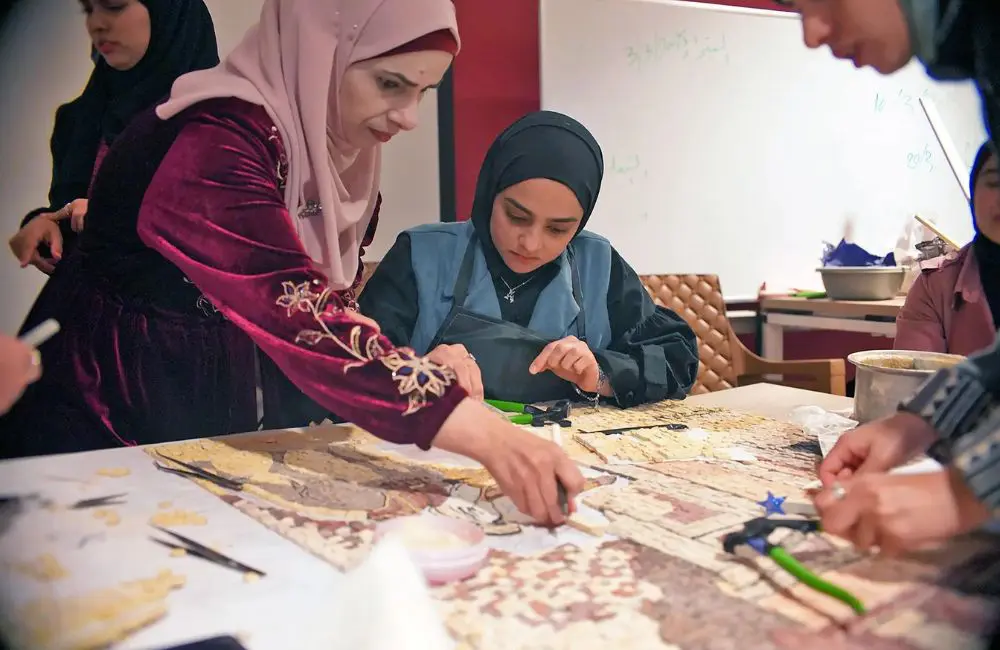
Empowering women
“Another new project I’m really excited about is in Jordan, where we’re helping women in business,” says Sproule.
“Traditional culture here doesn’t always make it easy for women to go to work, so in the Bedouin community we’ve organised training to teach women how to make mosaics. There was a three-month intensive program, and now 32 women are selling their works through stores in Petra.
“The coordinator of the program was so motivated that she’s helped many of these women also launch their own websites, and that’s going to yield some of the most direct benefit of any training program we’ve run.”
He says AKP is now looking at growing the program and empowering more local women to entrepreneurial success – helped by guests who experience the program firsthand and can buy the women’s handcrafted mosaics.
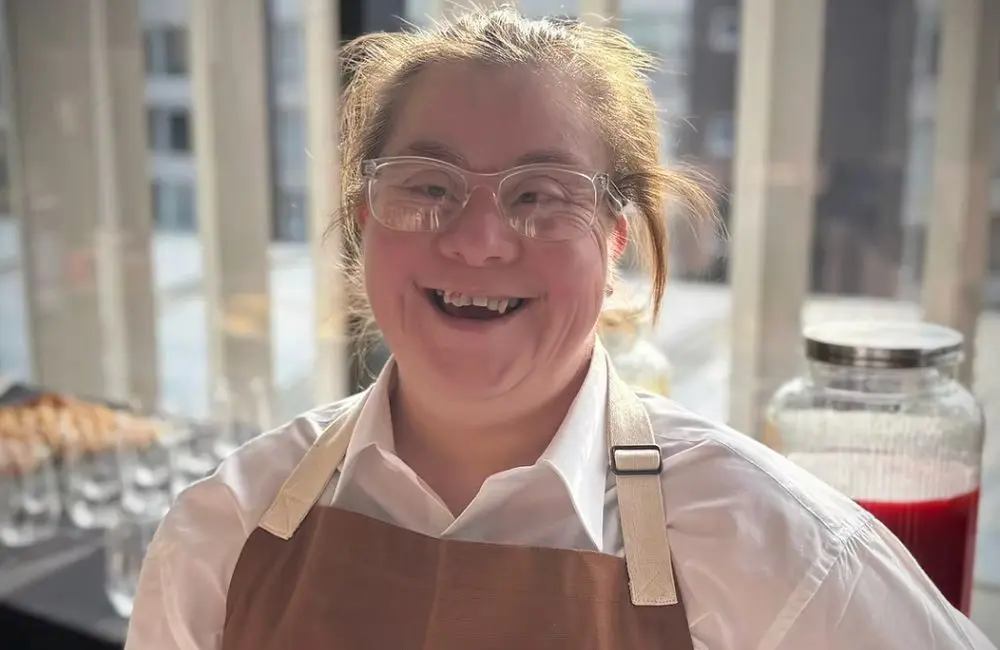
In Chile, A&K has also partnered with Edudown, a non-profit organisation that provides free services to children and young adults with Down syndrome to improve their quality of life and that of their families.
Here, guests can visit a café at the Pre-Columbian Museum in Santiago where about 50 per cent of its staff have Down syndrome.
Sproule says A&K is supporting them to provide training for more people to get jobs, and gives guests time to have a coffee and talk to the manager and understand how important this project is.
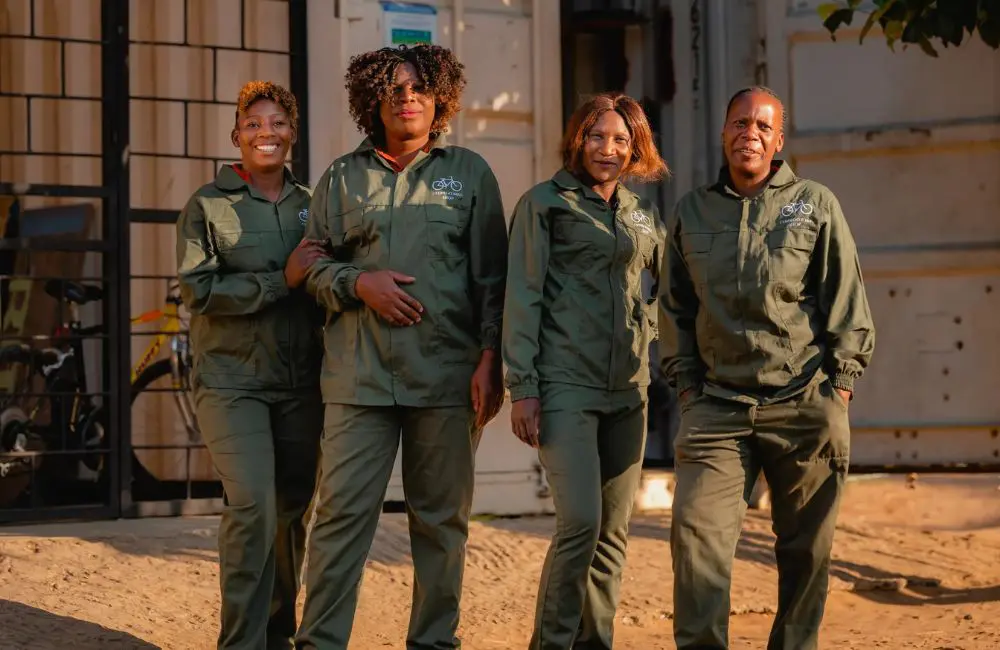
Cycle of life
A pre-existing project Sproule is particularly proud of is the Cycling of Giving enterprise project.
The first shop – which started when A&K shipped nearly 1,000 used bikes to Zambia’s Nakatindi Village – has now been running for ten years.
“This reflects the DNA of A&K in that we didn’t do it and disappear… for 10 years we’ve partnered with them and they have now received 17 containers of bikes. That’s what has allowed these women to save and build houses, and so I love this relationship and the women are wonderful.”
The project has now been expanded and is in Egypt, Jordan, Tanzania, with two shops in Uganda.
“One reason the new shop in Uganda is so successful is because they work with the tea plantations offering wholesale pricing for volume, so workers then have access to bikes to get to and from work.”
He says, interestingly, when they asked the women in the newest Uganda store what was most memorable to them, it all centred around riding a bike.
“I was imagining they’d talk about their first sale, but these ladies bowled me over when they said it was learning to ride.
“They raised their hand to run a bike shop when they didn’t know how to ride. Several of them had stones thrown at them because the villages were not used to seeing women cycle around, but now, the neighbourhood has completely transformed.”
He says there are several things all of the women ask for when they discuss sending over a new shipment.
‘There are always four key things they request: tools, bike helmets because many are new to riding, as many baskets as possible, and bling. The more bling the easier the sale!”
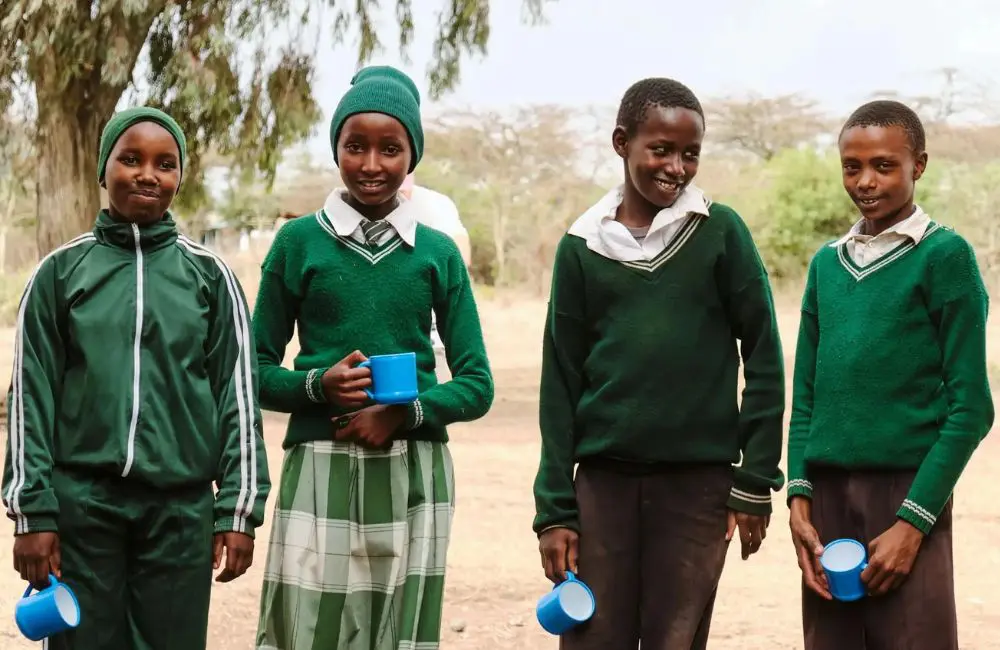
How advisors can get on board
Travel advisors play a key part in helping these communities, says Sproule.
“I spoke at a conference and the owner of Divine Travel approached me and said I have a group going to Botswana and they are interested in doing something there. I said, well, why don’t we do something in advance so they can see what the legacy of their trip is. So they paid for a shipping container full of medical equipment to go to a rural client and maternity ward.
“So with this concept, we can work with agents and structure the ability for the guest to be present so they see and understand and know that the shipping container was delivered as part of their vacation.”
He says another way advisors can help guests have a meaningful impact is if they advise guests about the ability to pre-purchase water filters, which has been highly successful and has meant to date thousands of children in India, Kenya, Tanzania, Uganda, Vietnam and Zambia having access to safe drinking water.
“We’ll organise the itinerary so they are present when the water filter is delivered to the school and they know as they drive away there’s a water filter providing clean access to kids, and they last five years.
“There was such demand to do this in Kenya that I had to buy a shipping container and store it at the lodge and fill it with water filters so they were available.”
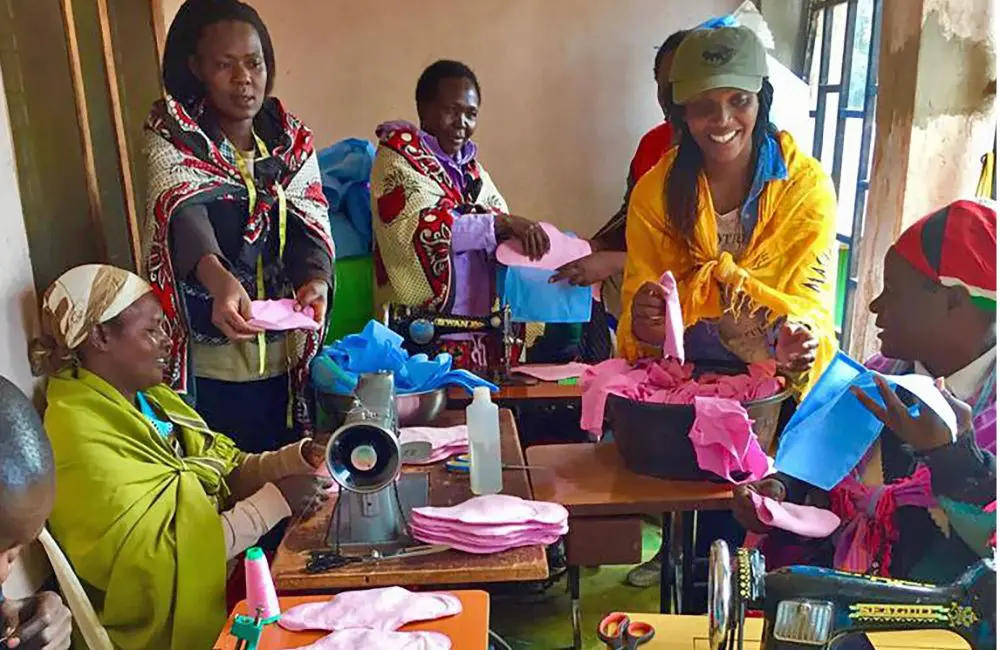
Looking to the future
“I think as an industry we’re going to watch philanthropy rise up and recognise that there’s equity and it’s good business to do better by our host communities and the destinations we’ve been effective at selling, but not so great at sustaining.
“I would love to see a network of the presidents and CEOs of agencies coordinate at a higher level. There’s a lot that happens on an individual basis, but if we can all collaborate at a higher level, that’s where we can make real change.”
For more information, visit A&K Philanthropy.

